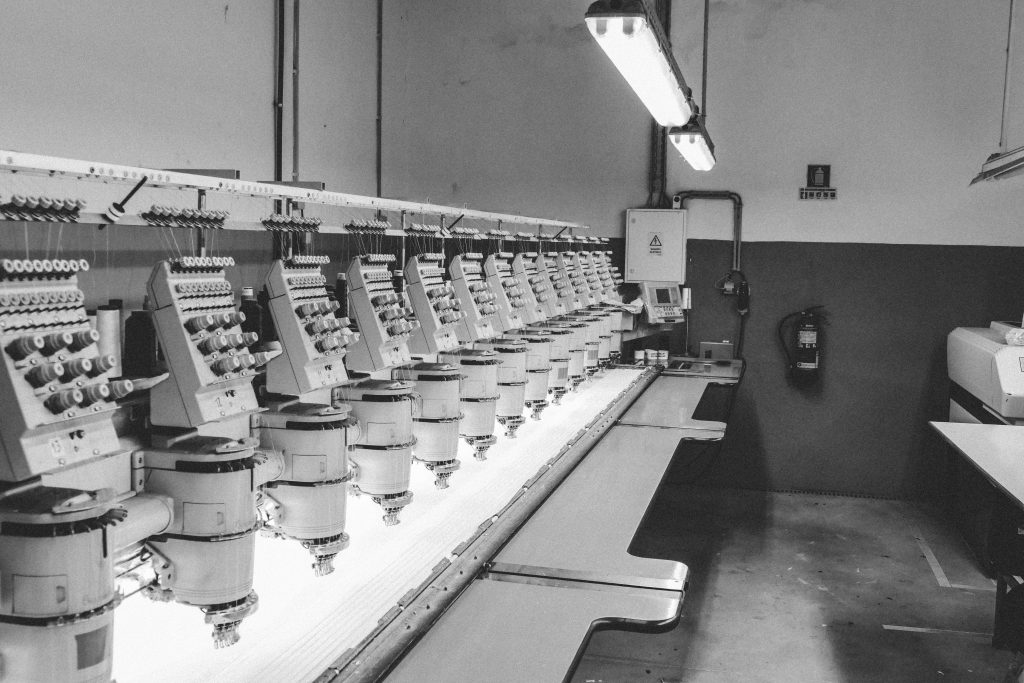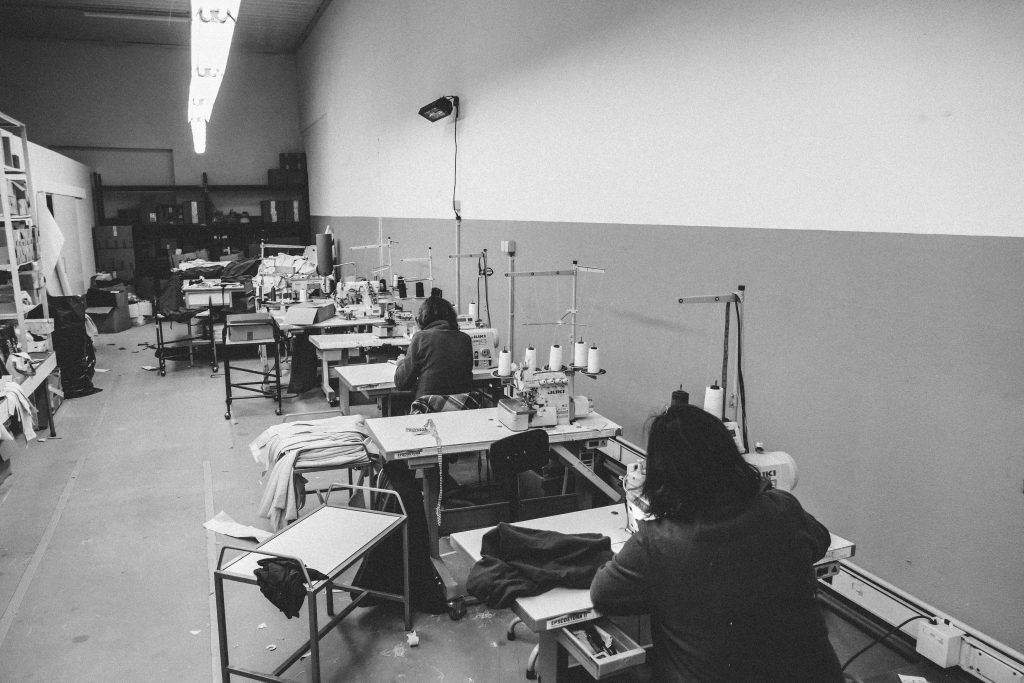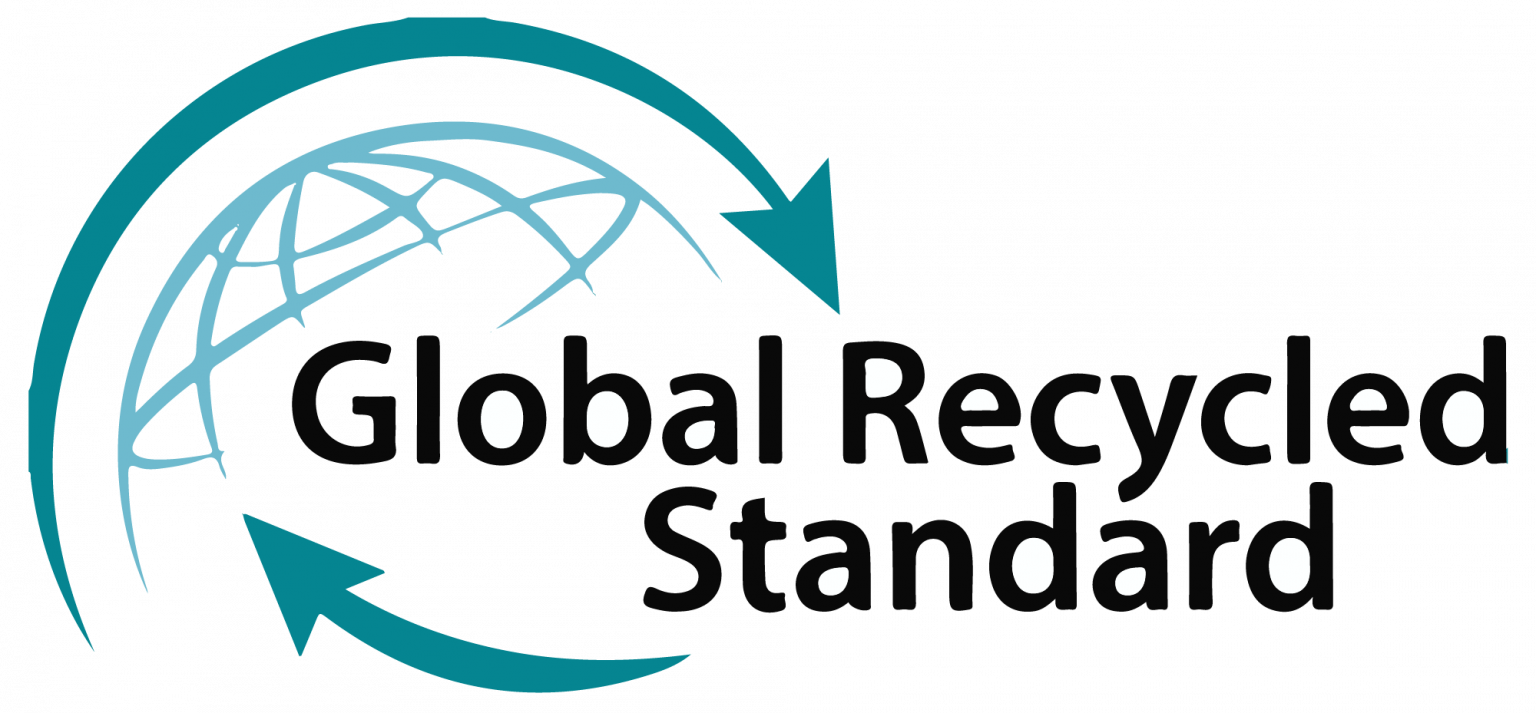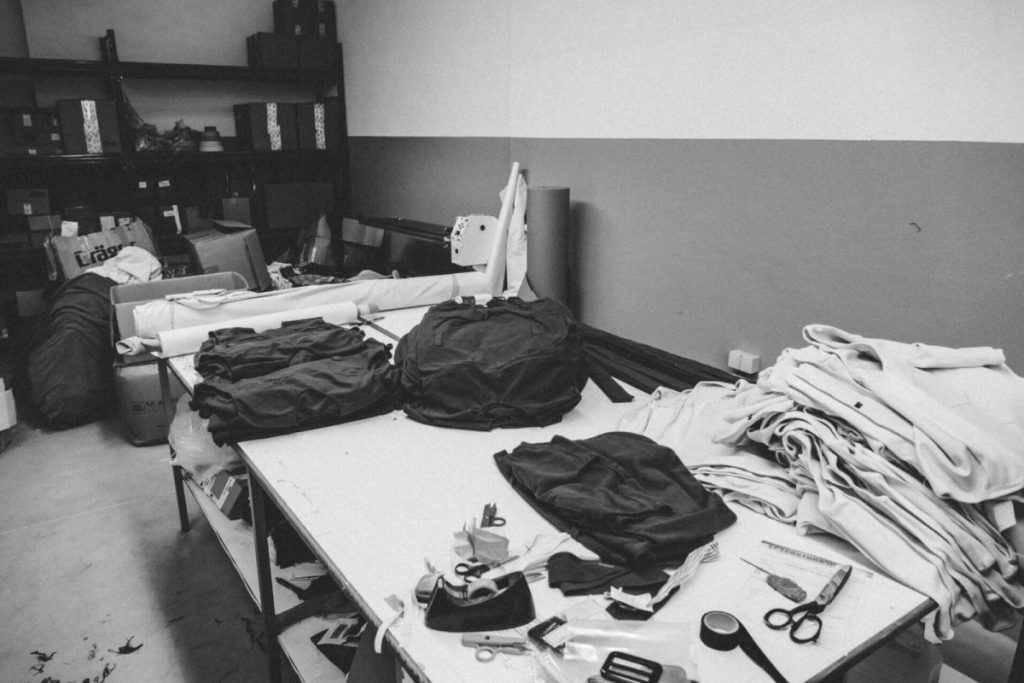Sustainability
We have in-depth knowledge about the science surrounding Fashion, especially clothing. This makes it easy for us to meet your high-standard specifications and requirements. Our core values lie in maintaining a good relationship with the environment via the production of ecofriendly clothing, providing our customers with optimum satisfaction and also building a great brand image through the provision of ecofriendly, high-quality and unique clothing at an affordable price.
Organic cotton & Recycled cotton
Organic cotton is cotton fiber that has been grown without pesticides and fertilizers.
Environment
The importance of the environment, something that we as a world have to work towards.
Zero waste recycling
“Right now, the main problem is the volume of clothing that is being produced, which is largely driven by our consumption habits,” says Anika Kozlowski.

The enviroment
The importance of the environment, something that we as a world have to work towards. Collé guarantees this.
We have spent months researching how we can reduce the impact on the environment. This is only possible by offering a combination of better quality so that the customer can use it longer.
What makes organic materials, like cotton, so much better than the conventional ones? Organic cotton is grown in a way that uses methods and materials that lessen the impact on our environment.
Organic cotton vs. Recycled cotton
Organic cotton is cotton fiber that has been grown without pesticides and fertilizers, through a process that preserves biodiversity, biological cycles and soil well-being. The world’s leading producers of organic cotton are India, China and Turkey.
We can define recycled cotton as the transformation of cotton fabric into cotton fibers that can be reused in new textile products and fashion articles. This cotton is also known as reclaimed or regenerated cotton. Recycled cotton is an excellent option for reducing manufacturing textile waste.

Save the planet with your clothing
A big effort in the organic movement is to use growing systems that replenish and maintain soil fertility and build biologically diverse agriculture. Organic cotton uses far less water too.
The main benefit of organic materials, however, is that the crops aren’t treated with pesticides, insecticides, herbicides and Genetically Modified Organisms. These toxins are harmful for farmers and workers, us as consumers, and entire wildlife Eco-systems.

Zero waste recycling
“Right now, the main problem is the volume of clothing that is being produced, which is largely driven by our consumption habits,” says Anika Kozlowski, assistant professor of Fashion Design, Ethics & Sustainability at Ryerson University. “Every product has impacts. The reason that volume is such an issue is that it just exacerbates all these impacts.” Increasing production and making use of cheap substances harm our environment. The average consumer purchased in 2018, 80 percent more clothing compared to 2000, but each garment is kept half as long. And that is why we as a company want to use materials responsibly. Credits: Huffpost.com
The fashion industry is the world’s second largest contributor to pollution. Talking about ethical and sustainable obligations has become a duty for us. The topic of sustainability in fashion is full of contradictions. Sustainability is the new buzzword for the fashion industry.
Fashion, by definition, is ever changing, whereas to be truly sustainable, you would not buy anything new at all. Fashion and quality for the best price, in a sustainable way! ” The fast fashion company wants its customers to think about their brand. We come from a time when fast fashion was the standard in our culture. But we suspect that this will change over time, because sustainability becomes fashionable than fast fashion. That’s why we believe in eco-friendly fashion. We believe in Collé.

The main reason why we built a fashion brand like Collé, is because we want to make a difference in the millions of clothing waste that end up in nature every year. NPR reports, from the Environmental Protection Agency, that 15.1 million tons of textile waste was generated in 2013, of which 12.8 million tons were discarded. We want to make a difference and that starts with us as a producer.